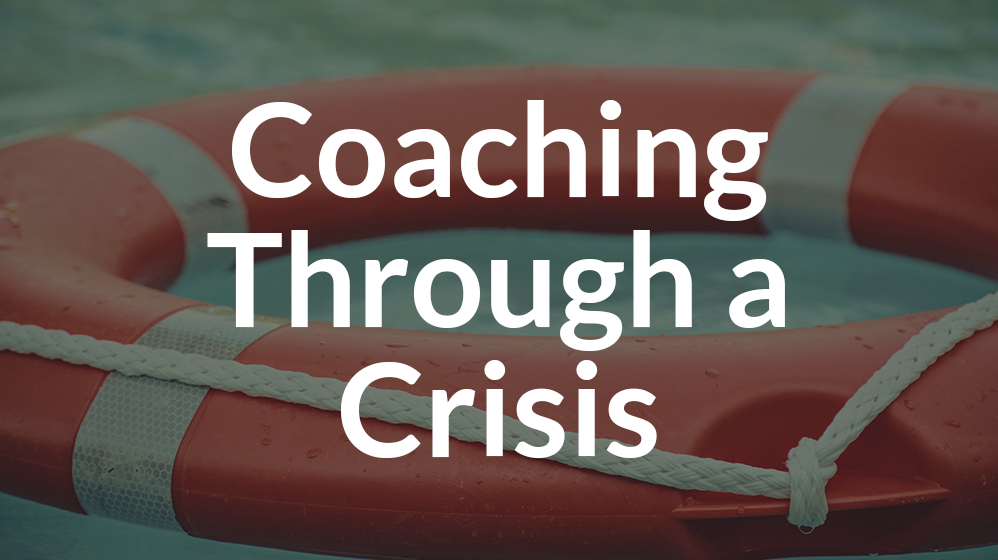In March of 2020, my wife and I traveled from our home in San Antonio to Boston and New York City during our spring break. At the time there was news about the new strain of virus that had a terrible outbreak overseas–and there were even a few reports of travelers arriving in the U.S. to face quarantine, but we had no idea that this would turn into the global pandemic that it has become. On our last evening away, I walked to a grocery store across the street from our hotel to purchase a couple of sodas and snacks. If you ever been to a grocery store in downtown NYC you know they are typically long and narrow, unlike the sprawling super markets most of us are accustomed to. Upon entering the store I saw that many of the shelves were stripped bare and folks were lined up to the back of the store, many wearing masks. I gave up on my mission and returned to our room. We flew back to San Antonio the next day and I found my email inbox full and messages everywhere on social media that the return to school would be delayed. That first week back there was a lot of waiting around for decisions from state, local and district officials. The following week it was announced that schools would be shut down for a while. The scramble for a solution to provide emergency remote learning to students began.
Realizing that we were facing a full-blown crisis we began to prepare to provide training to large groups of teachers remotely on tools like Google Classroom to attempt to connect with students. I began to feel more like a tech support person rather than an Instructional Coach. The pandemic raged on throughout the spring, into summer and even as fall semesters began in person in some places. Our district is opened with “virtual learning” taking place online. Like many schools there are new technology-based platforms and tools, so there is still a lot of technical training happening with a lack of focus on high-quality instructional practices.
I began to ponder about how I could still include some coaching while addressing the “where do I click?” questions. In July, I did some research and looked for ways I could coach past this “help desk” phase of emails, chats and Zoom meetings. One of the things I love about being an instructional coach is the ability to affect real change and growth. While the school shutdowns have impacted teachers’ use of technology by demand, I fear it has also caused a loss of quality pedagogy. This has led me to think about how I can help teachers refocus on the use of best practices in a virtual learning world.
A virtual learning environment comes with a whole slew of problems that teachers have never encountered before, along with most of the usual problems that a live classroom setting includes. Check out this virtual learning case study which offers up some helpful ways schools and districts are delivering remote instruction. Let’s look at a few issues from a side-by-side perspective.

Finally we have now come to the face of a big question that Alfie Kohn has been trying to warn us about for a while now: What happens when structure and extrinsic motivation go away? Horace Mann is largely considered responsible for bringing the Prussian Style or Factory Model of Education to the United States. One of the results of practicing this model for more than a century is that a highly-structured system with specific periods and bells has become very ingrained in schools. Combine that with the use of extrinsic rewards to motivate students. From the treasure boxes full of cheap toys or candy in kindergarten to the uber-competitive overall GPA ranking in high school, schools have rewarded students for complying and completing over creating and innovating. Now we find ourselves in this pandemic where structure is lacking and teachers do not have the ability to provide extrinsic rewards.

The alternative is to view this as an opportunity. We don’t need to spend too much time trying to lecture when we can record ourselves teaching small mini lessons, which can be posted for asynchronous learning. This will allow your live video conferences to be used more for discussion and questioning. Over-model your love of learning for your students. I like to relate teaching to acting sometimes. Years ago I performed in a few community theater shows, and I learned some valuable lessons because of it. The directors taught me that for on stage performances I needed to project my voice, slow down my speech and enunciate clearly, and make my actions bigger than normal so the audience can clearly hear and see your emotions. I also had a wonderful professor in college who taught children’s literacy, who urged us to instill a love or reading into our students. She was fond of saying; “to be enthusiastic you gotta look enthusiastic.” I think these are important attributes for teachers, especially when you are trying to teach through video conferencing. Take a look at the YouTube stars so many kids watch nowadays. They are all obnoxiously boisterous, so you may want to consider them to be your competition. And as far as structure goes, when students are offline the best you can hope for is to provide choices for engaging activities that will keep students interested in the work.
One more thing to remember is that the work you are doing is more important now than ever. As educators we can lead through these challenging times and provide our students with desperately needed hope. Remember that when we do things that are hard, we experience the most growth.
Live well, love well, and be well.
Coaches, what methods are you using to support your teachers this school year?
Feel free to share in our comments section.






